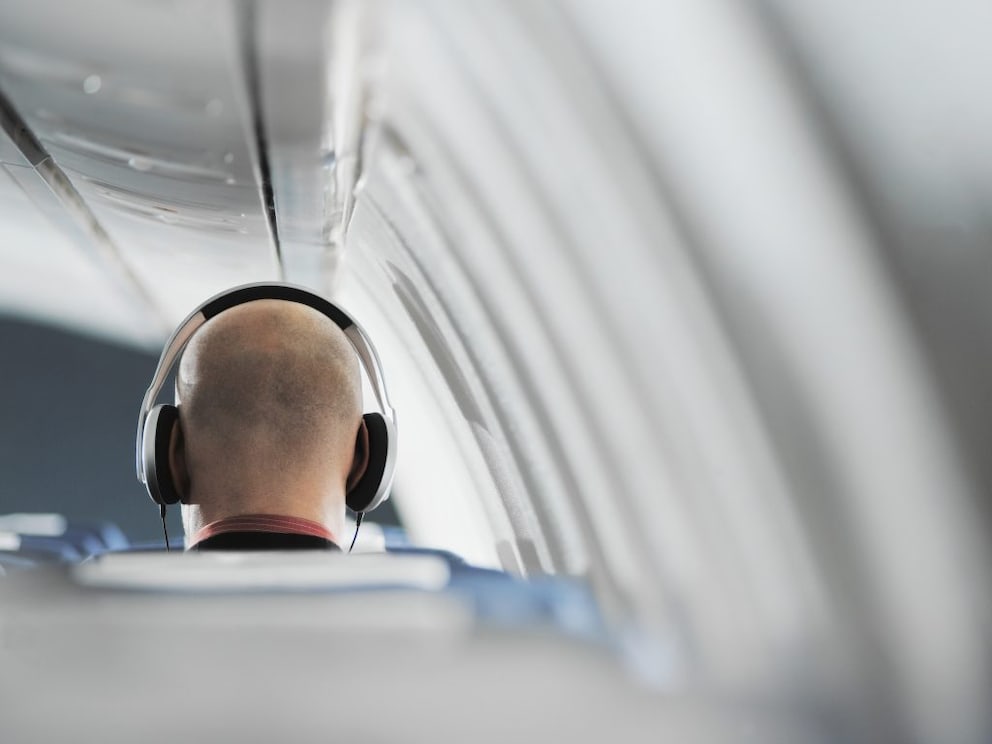April 27, 2025, 12:47 pm | Read time: 2 minutes
Airplane food is generally not a culinary revelation. However, there seems to be a simple trick to enhance the taste experience. A researcher from Britain’s Oxford University suggests wearing noise-canceling headphones while eating. TRAVELBOOK has the details.
Very few air travelers enjoy the meals served by the cabin service with great pleasure. This is not necessarily due to their refined palates but is mainly related to the typical airplane noise. Researchers at California’s Cornell University discovered this years ago, as reported by TRAVELBOOK. According to their findings, the loud noises on a plane affect taste buds. However, this problem can apparently be circumvented: with noise-canceling headphones, which have a noise suppression function.
Noise-Canceling Headphones for Better Airplane Food?
Charles Spence from the University of Oxford told “The Telegraph” about the “probably simplest way to make food and drinks taste better on a plane.” The psychologist, specializing in applied cognitive psychology, consumer psychology, and multisensory perception, bases his thesis on a long-term collaboration with the Michelin-starred restaurant The Fat Duck in Bray, UK. Previously, it was about making oysters taste better when accompanied by ocean sounds. In more recent experiments, Spence found that high-pitched sounds enhance the perception of sweetness. In contrast, lower tones, like those from machine noises on a plane, intensify the taste perception of bitterness by as much as 10 percent.

No Huge Effect
In simple terms, passengers can reduce noise disturbance by wearing noise-canceling headphones, thereby experiencing a certain effect on the taste of airplane food — but not a “huge” one. Therefore, the researcher cautions against overestimating the results.
In fact, the taste experience on board is also influenced by factors other than airplane noise. These include low cabin pressure and reduced humidity, which can affect the mucous membranes in the mouth and nose. Additionally, experts believe that body membranes may swell at a certain altitude, further affecting taste buds.

What you definitely didn’t know about airplanes

The 5 worst seats on an airplane

How Long a Vacation Should Last to Truly Feel Rested
Nothing Is as Individual as Taste
In a conversation with TRAVELBOOK, nutritionist Uwe Knop points out that taste is a very individual matter. Therefore, studies on sensory impressions and their findings should not be taken too seriously. While participants’ reports may suggest that something could taste bitterer or sweeter, how a taste test would turn out for you is, of course, entirely different.
In other words, while one person might find airplane food tastes really good with noise-canceling headphones, another might find it inedible. In this context, trying it out certainly beats studying.

